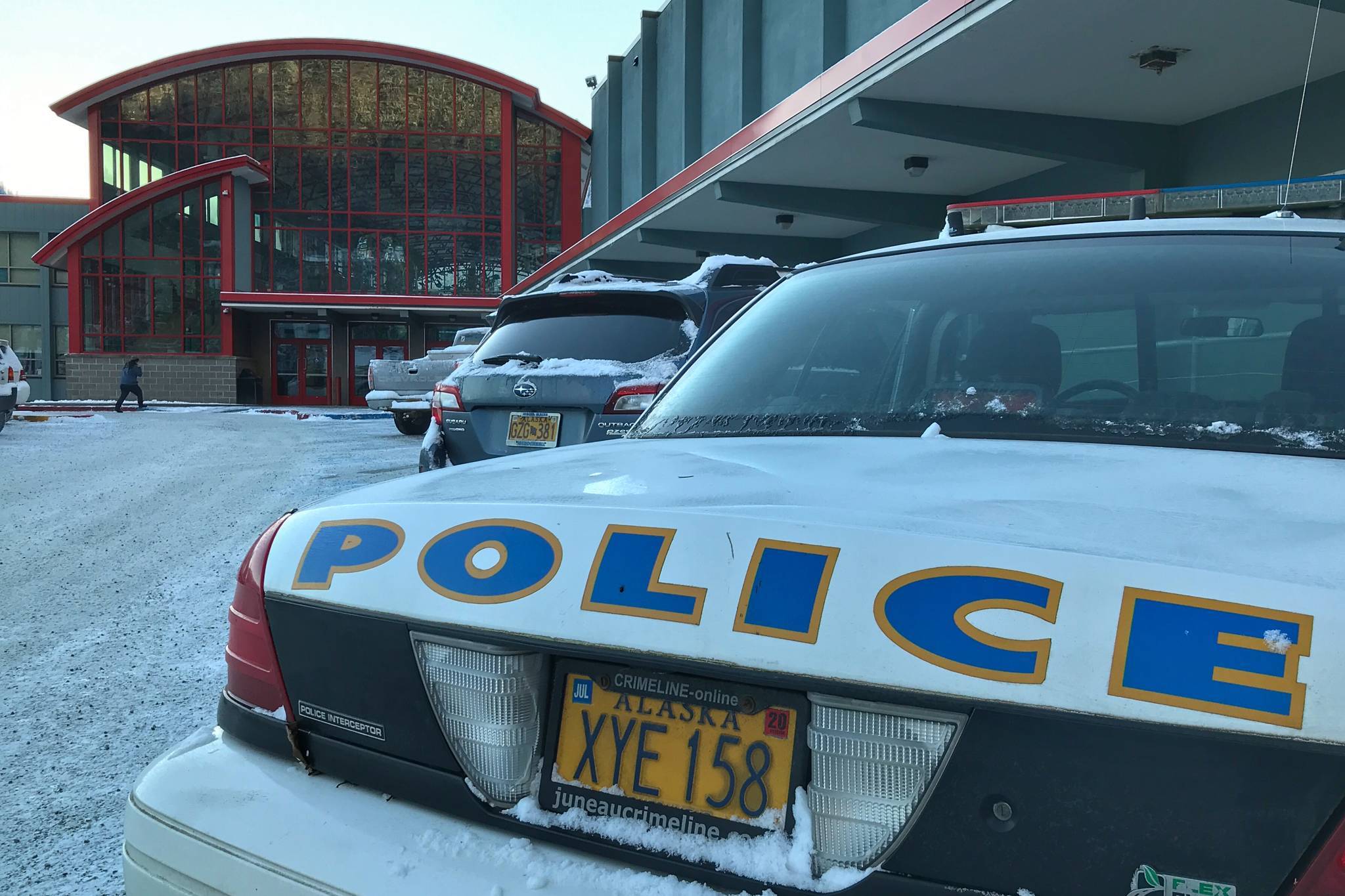I followed the recent visit to Alaska by U.S. Attorney General William Barr with great interest but was disappointed that the main thing that seemed to come out of his meetings in Alaska was for Barr to declare an “emergency” in rural Alaska law enforcement.
This puts Alaska’s rural villages on a similar footing as the border with Mexico. In the case of the southern border, President Donald Trump declared an emergency, to divert money to build a wall, even if Congress does not approve.
In Alaska, I recently learned of a plan by Gov. Mike Dunleavy, in effect, to declare an emergency and, with little or no notice to the Alaska Legislature, to pave the way for a federal takeover of rural law enforcement and to militarize village policing.
In both cases, the chief executive officer came up with a bad idea that is not going to work, rather than developing a meaningful plan for effectively dealing with the situation over the long term.
The governor’s plan is to patrol Alaska villages with the Alaska State Defense Force. The ASDF, also known as the state militia, is a quasi-military organization made up of volunteers with no police training, who must follow federal rules and regulations designed for the National Guard.
The governor has apparently now given orders to his staff to draft operational plans for the militia to begin police duty in remote villages that were mentioned during Barr’s visit.
Normally, police officers in Alaska are required to be certified by the Alaska Police Standards Council, as having proper training and qualifications. In this instance, the Commissioner of Public Safety will instead give members of the militia authority as special police officers. This is allowed under state law in AS 18.65.010, but only if the commissioner determines that the special officers have adequate police training. I don’t believe any such determination has been made or could be made.
There has been a lot of effort put into addressing rural public safety by many people over many years. The best idea to date has been the Village Public Safety Officer. The VPSO program puts trained public safety officers in remote villages, who work closely with, and under the oversight of, Alaska state troopers. VPSOs are often village residents with knowledge of, and support of, the community. But the VPSO program has suffered from lack of state funding, and no federal funding at all.
Both the State of Alaska and the federal government have a moral, and in my opinion legal, responsibility for public safety in rural villages. The federal government has designated over 200 tribes in Alaska, mostly in rural villages, and the feds should participate more in funding the Department of Public Safety to enhance the ability of the Alaska State Troopers to provide adequate staffing, training and oversight to the VPSO program.
Instead of declaring emergencies, as a first step we need a group tasked to assess the situation and do a thorough problem analysis and review of the current statutes and regulations. This should include the Department of Interior (Bureau of Indian Affairs), Department of Justice (FBI and U.S. attorneys), an appropriate State of Alaska representatives, and a cross section of rural communities and governments. I would invite Congress (Sen. Lisa Murkowski’s office, for example), and the Alaska Legislature. Public safety should not be a partisan issue. Let’s show Washington, D.C. that in Alaska we can get things done on a bipartisan basis, for the good of all.
I have 40 years of experience with law enforcement in Alaska, even going back before Alaska became a state. I can tell you the governor’s plan encouraging a federal takeover of village policing is simply a bad idea for rural Alaska.
During all of this time I never add any contact from the Bureau of Indian Affairs. Why? At one time the FBI stated they were going to start investigating crime in the villages but that never came to pass.
• Richard L. Burton was the commissioner of the State of Alaska Department of Public Safety from 1991-1995, and from 1975-1979. He resides in Ketchikan.

